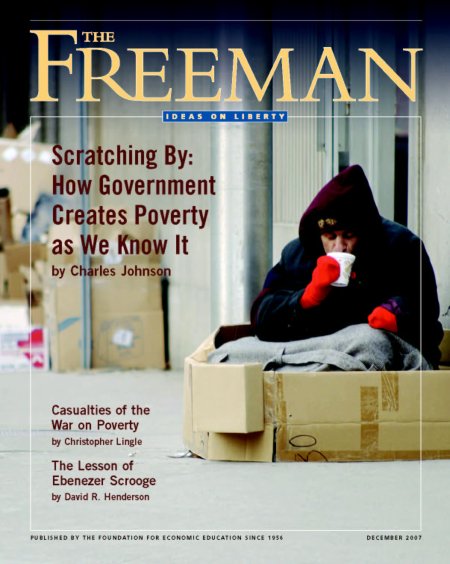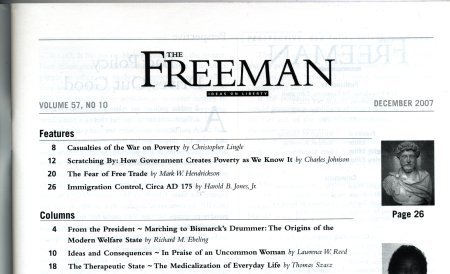Non-Lethal Force
In Florida, another man has died after being tasered by cops:
A man in his 20s died after a Coral Gables police officer used a Taser stun gun to subdue him Friday morning.
He was identified Friday afternoon as Xavier Jones, 29.
Jones had been disruptive at a party and resisted arrest, according to Miami-Dade police, whose homicide bureau is investigating the death.
About 2 a.m., police officers responded to a call about a scuffle at University Inn Condominium, 1280 S. Alahambra Cir., near the University of Miami. The building is across the street from the university and borders on U.S. 1.
After the man became disruptive inside the apartment, a security guard attempted to remove him from the property. The confrontation spilled outside.
Miami-Dade police said Jones displayed
aggressive and combative behaviorso a police officer used a Taser stun gun to restrain him.After the discharge, Jones became unresponsive, and paramedics took him to Doctor’s Hospital in Coral Gables, where he was pronounced dead.
— David Ovalle, Miami Herald (2008-01-11): Man who died in Gables Tasing identified
Although I write a lot about police brutality involving tasers, I should make it clear that I don’t have any essential problem with the use of tasers, either by police or in individual self-defense. My issue has to do with the brutality, not with the equipment used, and I think that these incidents have a lot more to do with an arrogant, violent, and completely unaccountable institutional culture within police forces than they have to do with the specifics of painful electric shocks. When tasers weren’t available, cops happily used guns and truncheons; I wouldn’t regard a return to that status quo ante as any kind of progress.
That said, there are a couple of things about the use of tasers which may be some reason for special concern. One of them is the capacity to use painful electric shocks as a form of torture which doesn’t leave embarrassing bruises or other visible signs of the brutality. The second is the persistent and institutionalized dogma that tasers shocks are always a non-lethal
use of force. This belief–which naturally makes individual cops and policy-setters much less cautious about the use of tasers than they might otherwise be, is endlessly repeated by cops, PR flacks, and by Taser Inc., which has gone so far as to misrepresent the findings of studies and sending PR flacks to personally lean on coroners to alter their findings in order to insulate their claims from inconvenient empirical evidence. The belief persists, in spite of hundreds of documented cases of people dying soon after being tasered, and in spite of an almost complete lack of controlled research on the health effects of taser shocks (particularly repeated shocks), because the cops’ basic interest is to be able to use as wide a variety of pain compliance
techniques as possible without any danger of being held accountable for the consequences; the politicos’ basic interest is to curry favor with the Fraternal Order of Pigs and to come across as tough-on-crime; and Taser Inc.’s basic interest is in making a bloody buck through ongoing political patronage. Given the arrogance of power that they have all cultivated, and the political privileges that they all enjoy, none of them have much reason to be particularly interested in empirical reality, or for that matter in the lives of their victims.
(Story thanks to Strike the Root Blog 2008-01-11.)

